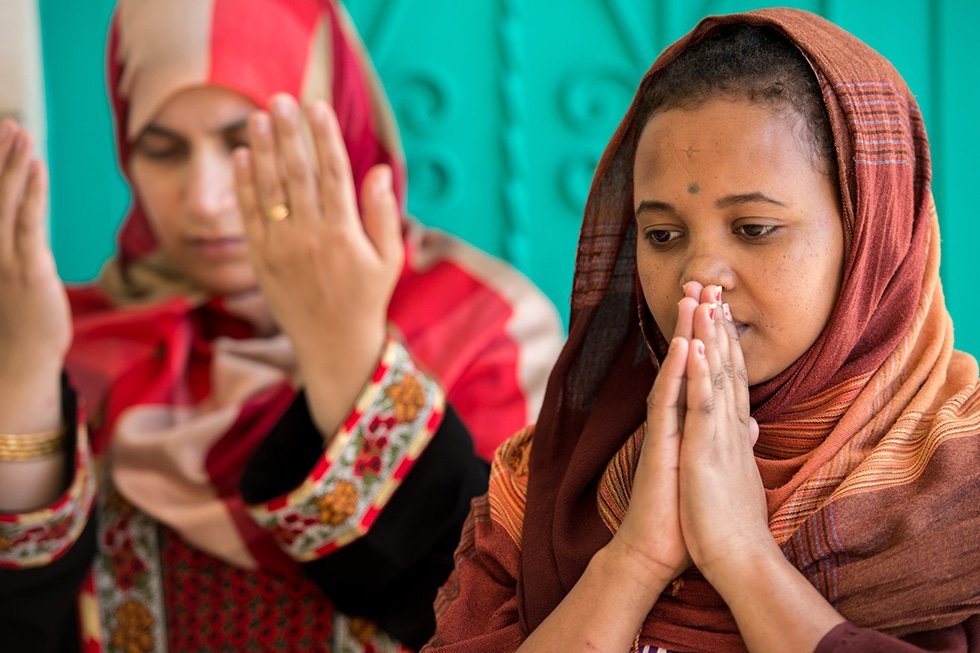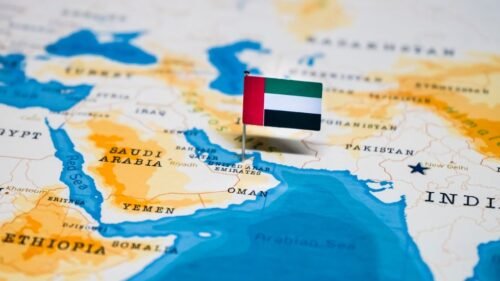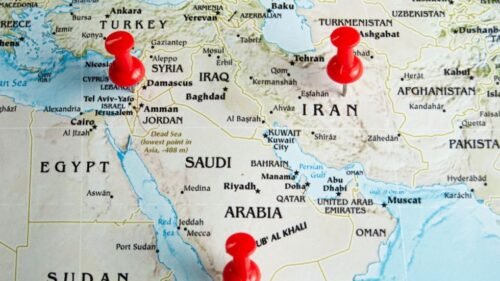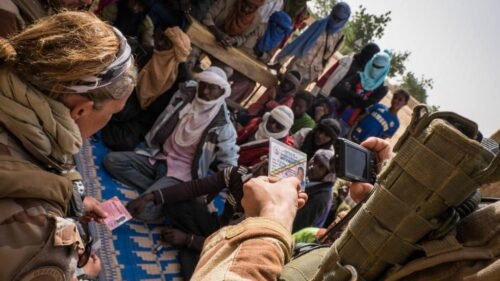Islamist dictator Omar al-Bashir, who became President of Sudan six years into his country’s second civil war, has long been attributed to what religious persecution ideologies prevailed among the Sudanese people before and since he was overthrown in 2019. General Abdel Fattah Al-Burhan of the Sudanese Armed Forces (SAF), who also serves as Sudan’s Transitional Sovereign Council President, likewise seemed to hold increasing support for Islamist-leaning policies, as Bashir did when he became the de facto head of state in 2021.
Although Sharia law, an Islamic religious doctrine that outlines divinely ordained ethics for practicing Muslims, advocates for circumstantial Christian rights, some extremist groups understand it as justifying continued mistreatment. Therefore, while the SAF’s present conflict with Commander Mohamed “Hemedti” Hamdan Dagalo and his Rapid Support Forces (RSF) cannot be entirely blamed for the evident abuses of religious minorities, Al-Burham’s ignorance around why over 150 churches have been attacked following the start of Sudan’s third civil war in April 2023 does warrant skepticism. Considering their nation has a population of around 50 million people, 5% of which identify as Christian, implies this violent pattern may be more than coincidental.
Escalating violence and the erosion of religious freedom
The July 8 attack on the Pentecostal church in Khartoum’s El-Haj Yousif district illustrated how vulnerable Christians have become. Witnesses reported vehicles belonging to SAF and police were present, allowing extremists to act with impunity. Since 2023, churches have been bombed in Khartoum and Bahri, airstrikes have killed worshippers in Wad Madani and mobs have harassed communities in Shamaliya. Clerics warn that Christians are increasingly forced into secret gatherings, as the collapse of constitutional protections has reversed progress in religious freedom achieved after Bashir’s removal.
The deterioration of religious rights is inseparable from the strengthening of Islamist militias allied with the SAF. Groups such as the Al-Baraa Ibn Malik Brigade and the Sudan Shield Forces (SSF) openly reject peace efforts and embrace jihadist rhetoric. The Al-Baraa Ibn Malik Brigade, now estimated at 20,000 fighters, has integrated itself within SAF ranks while carrying out attacks on civilians, churches and even an International Committee of the Red Cross (ICRC) convoy.
Its leaders — many tied to the dissolved National Congress Party and Muslim Brotherhood networks — embody the return of Bashir-era Islamists under Burhan’s watch. Across contested areas like the Nuba Mountains, reports describe girls being raped, boys abducted to be trained as fighters and villages terrorized for their Christian identity.
International organizations have warned that these attacks not only threaten Sudanese minorities but also obstruct peace negotiations. Both ACT Alliance and Caritas Internationalis stress that global aid cuts and unchecked impunity are pushing Sudan further from reconciliation. The bishops of Sudan and South Sudan have likewise called for the primacy of human life, restraint and dialogue, though their pleas remain unanswered.
In fact, the Al-Baraa Ibn Malik Brigade, known for similar terrorist activity since the third Sudanese civil war began, is rumored to contain former members from now-dissolved al-Bashir loyalist organizations like the Popular Defence Forces and National Congress Party, respectively. Should these articulation politics go on appeased, so too will rage a slow battle for Sudan’s religious freedom. These issues have no simple solution; all we can do is pray for peace to find all parties as soon as possible. Hopefully, someone will hear our cry.
[Kaitlyn Diana edited this piece.]
The views expressed in this article are the author’s own and do not necessarily reflect Fair Observer’s editorial policy.
Support Fair Observer
We rely on your support for our independence, diversity and quality.
For more than 10 years, Fair Observer has been free, fair and independent. No billionaire owns us, no advertisers control us. We are a reader-supported nonprofit. Unlike many other publications, we keep our content free for readers regardless of where they live or whether they can afford to pay. We have no paywalls and no ads.
In the post-truth era of fake news, echo chambers and filter bubbles, we publish a plurality of perspectives from around the world. Anyone can publish with us, but everyone goes through a rigorous editorial process. So, you get fact-checked, well-reasoned content instead of noise.
We publish 3,000+ voices from 90+ countries. We also conduct education and training programs
on subjects ranging from digital media and journalism to writing and critical thinking. This
doesn’t come cheap. Servers, editors, trainers and web developers cost
money.
Please consider supporting us on a regular basis as a recurring donor or a
sustaining member.
Will you support FO’s journalism?
We rely on your support for our independence, diversity and quality.











Comment